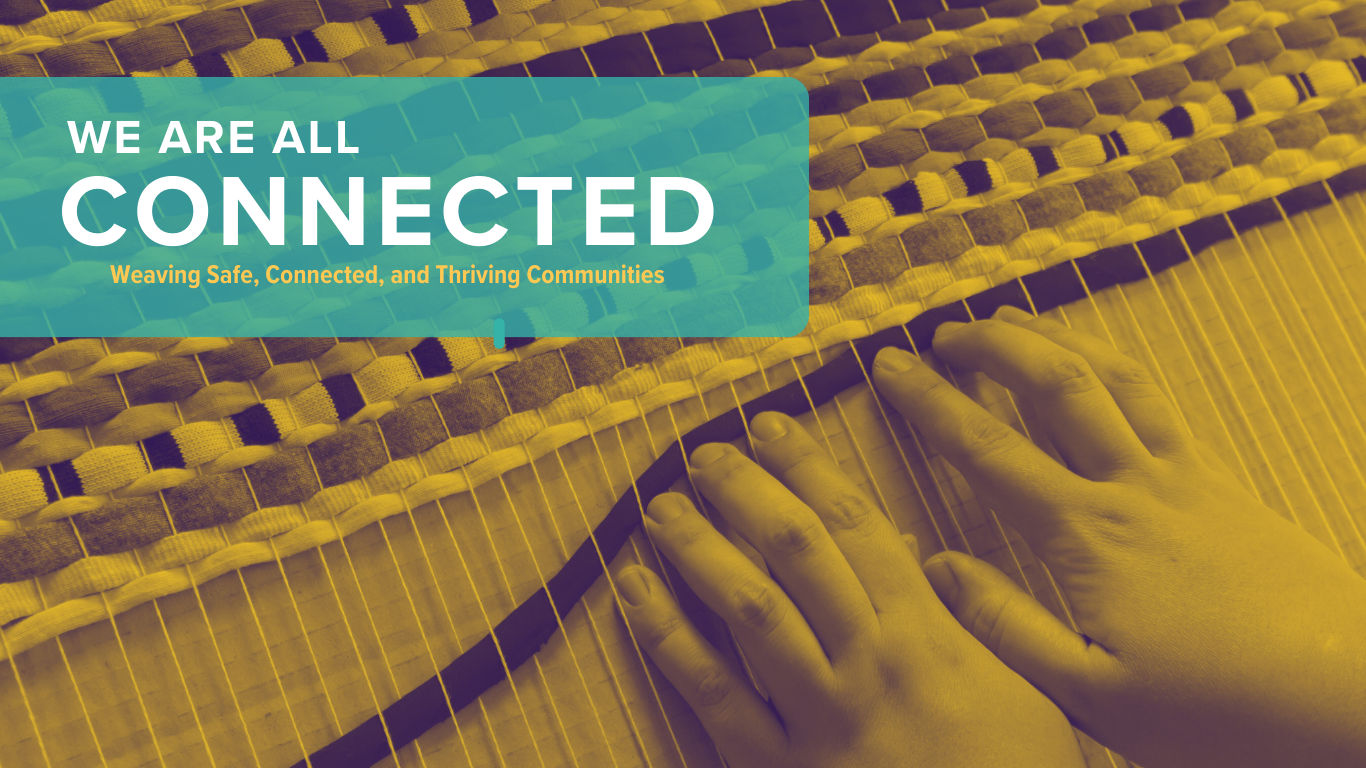
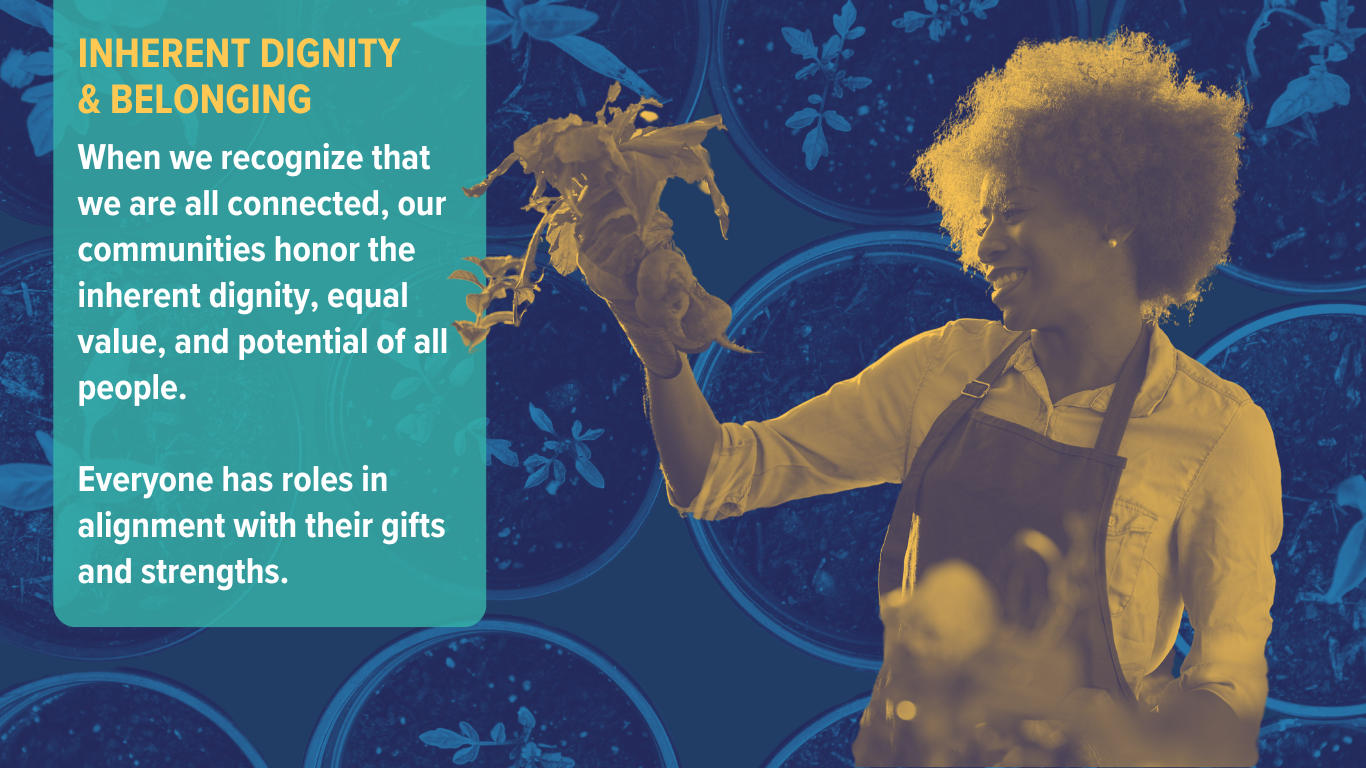
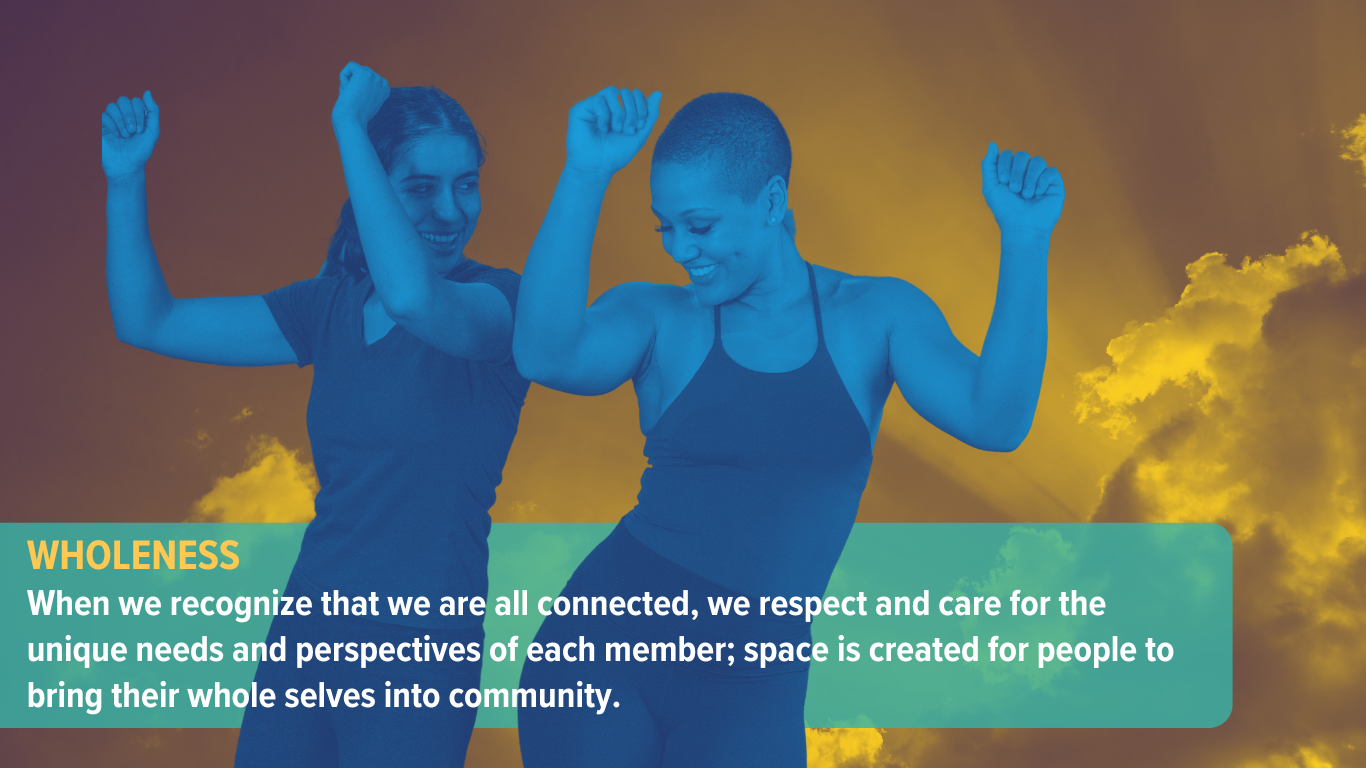
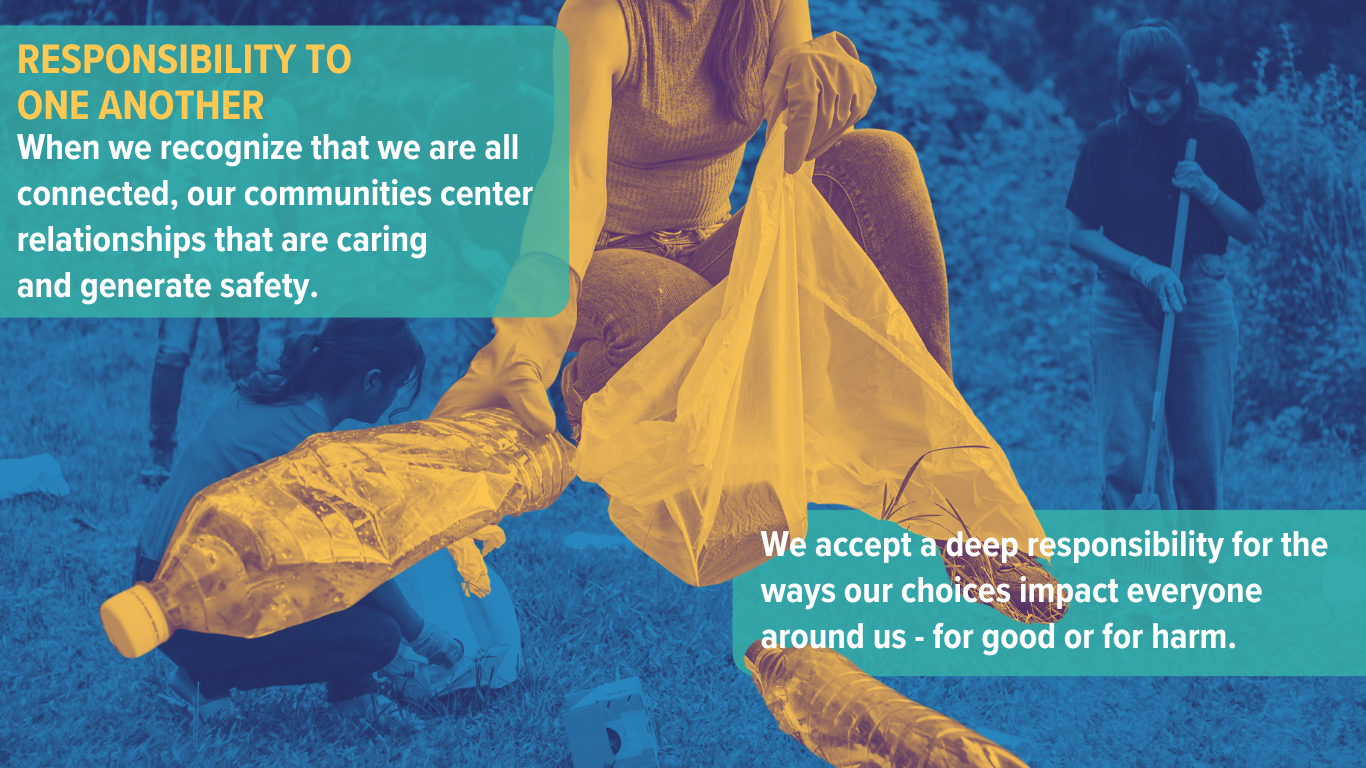
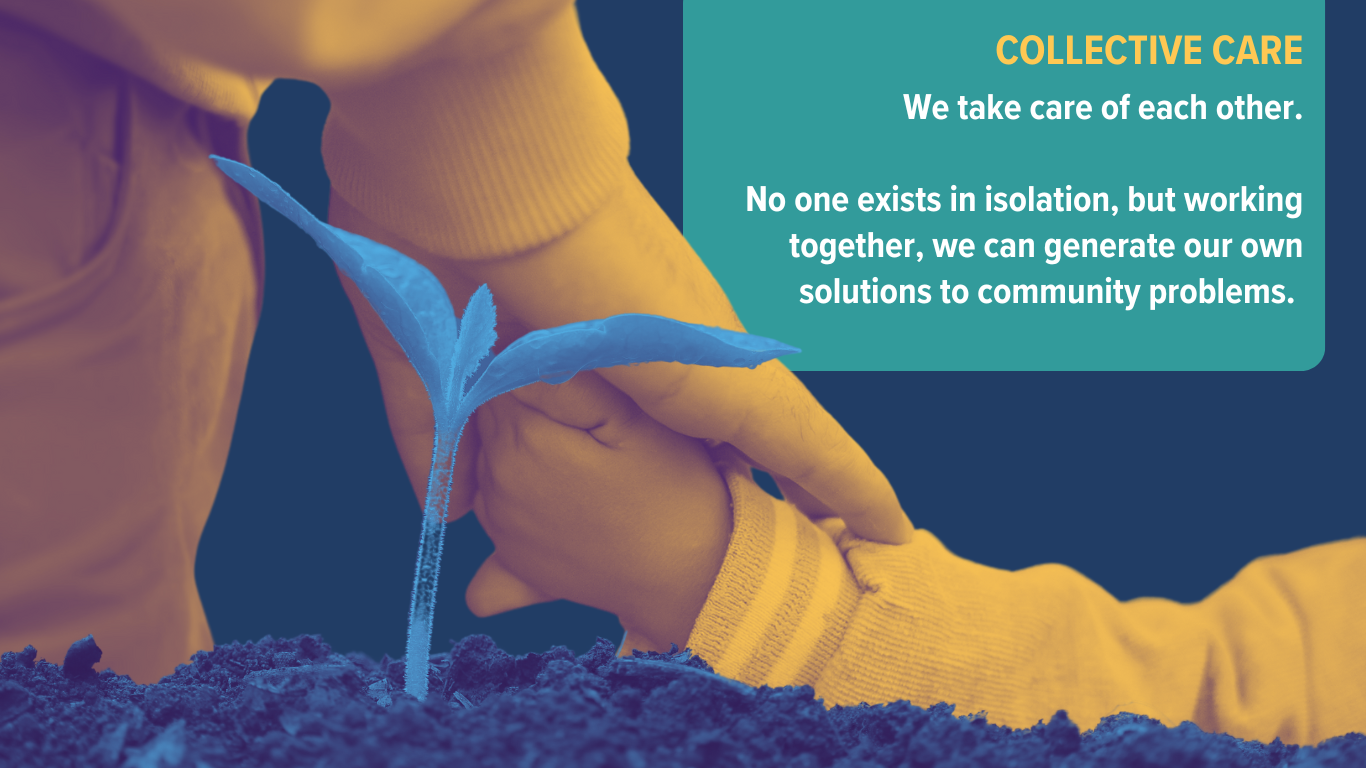
Connected communities are safe communities, where everyone has inherent dignity and belonging, where we practice collective care and responsibility to others, and where healing and wholeness are woven into the beautiful and rich tapestry of our history and way of being. In connected communities, all threads are needed. Each thread contributes uniquely to the creation of a violence-free future where women, girls, and everyone can thrive.
Domestic violence, sexual assault, dating violence, sex trafficking, and stalking can rend the fabric of community. MAP recognizes that our interconnection is the only thing that can repair that damage. MAP’s programs work across the lifespan (youth, campus, men & community), engaging both individuals and systems, weaving community wisdom with best practices in primary prevention and restorative justice to innovate strategies that create the conditions for safety and thriving.
Explore our programs below:
-
MAP’s Youth Program integrates evidence-based primary prevention strategies, best practices in youth development, and principles of restorative justice to help students in grades 2-12 identify their gifts, build skills and resiliency, and gain strategies for shaping their environments, resolving interpersonal conflict, and successfully transitioning to their next phase of life.
-
The BEST (Be Equal Safe & Trustworthy) Comprehensive Approach to Campus Sexual Violence is an innovative and comprehensive program addressing sexual violence and sexual misconduct on campus.
-
The Restorative Program at Men As Peacemakers (MAP) serves people who have used and survived domestic violence. In collaboration with partners from the community and criminal justice system, MAP helps program participants repair harm, gain accountability, restore relationships, and reintegrate into healthy community. To learn more, click here.
-
Don’t Buy It Project (DBIP) - DBIP is a program aimed at engaging men in the prevention of sex trafficking and other forms of sexual exploitation. To learn more, click here.
-
BEST BARS (BEST = Be Equal, Safe, and Trustworthy) is a popular community-powered training resource that equips young professionals, musicians, and staff at bars and event venues to identify risk and prevent sexual violence. To learn more, click here.
-
Men As Peacemakers realizes that too many young boys and men face loneliness and isolation, often feeling like they don’t have a place to open up. Strong Men Speak aims to create an alternative platform, one where men of all ages can openly connect, share their experiences, ask for and offer advice without fear of judgment, and support one another across generations. Learn more here.
-
Connected Communities Toolkit - Practical tools, resources, and trainings to help organizations, agencies, and systems integrate best practices in primary prevention, restorative justice practices, and community healing. To learn more, click here.
-
Community Ecosystems Training Series - Within the community ecosystem, everyone has a role to play in the prevention of all forms of gender-based violence. To learn more, click here.
-
Human Trafficking & Complex Trauma 201 - A video series created by the North Dakota Council on Abused Women’s Services (NDCAWS) in partnership with the North Dakota Human Trafficking Task Force (NDHTTF) and Men As Peacemakers (MAP). To learn more, click here.
-
Click here to learn more about MAP’s training and support for communities who want to implement restorative programming.




